Quantum as a Service
OVHcloud Quantum: your inside track to quantum computing
Quantum computing is reshaping how we approach complex problems, particularly in the fields of optimisation and simulation. OVHcloud’s quantum platform provides a reliable and accessible entry point to explore this new era of computing.
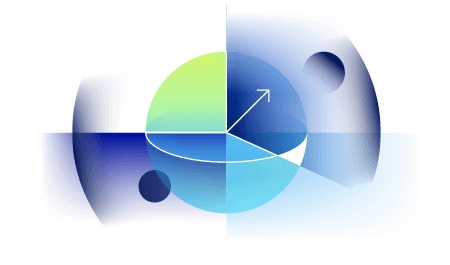
Unlock the potential of quantum computing
Quantum computing is surpassing the current capabilities of classical computing, paving the way to major advances that were previously unattainable.
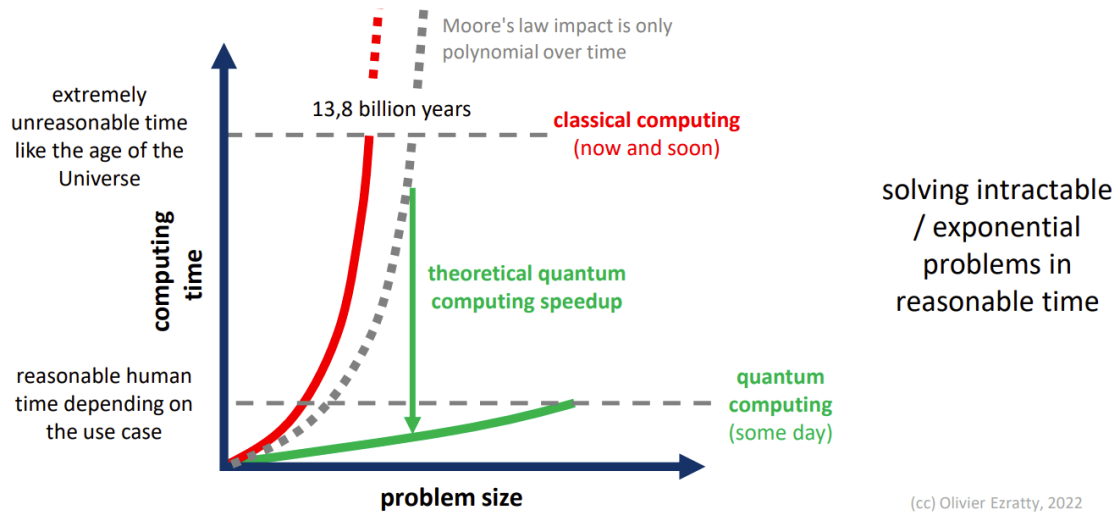
Record speeds
Quantum computers will offer two major advantages over traditional systems.
Firstly, they will use specific algorithms to solve certain problems with polynomial or exponential acceleration, particularly in chemical simulation or combinatorial optimisation.
Secondly, they will make it possible to process problems where their exponential complexity exceeds the capabilities of classical computers.
In practical terms, they will enable fast, complex calculations for large-scale simulations, advanced optimisation or high-level machine learning applications, where conventional methods reach their limits.
Improved results quality
Quantum computing particularly excels in the simulation of quantum phenomena, with key applications in chemistry, materials science or quantitative finance.
Unlike classical methods, which are often based on approximations, it can directly model molecular structures, energy levels and probabilistic behaviours.
This capability provides more reliable and accurate results, improving the productivity of R&D and the quality of predictive analytics.
One prominent example comes from the simulation of the cathode material Li₂FeSiO₄. Using a phase estimation algorithm based on first quantisation and qubitisation, Delgado et al. demonstrated that the 156-electron ground state of this crystal could be calculated with chemical precision (± 0.043 eV, or about 1 kcal mol⁻¹), by using around 3 × 10⁵ plane waves and ∼2,5 × 10¹³ Toffoli gates. This computational load grows polynomially with system size, allowing accurate predictions of key battery properties such as cell voltage, lithium ion mobility, or thermal reaction thresholds.
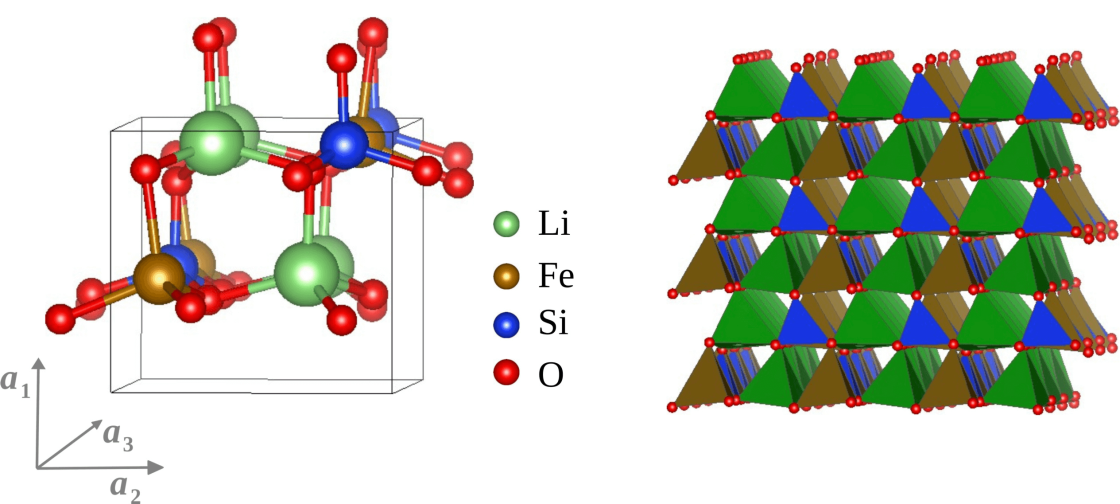
Atomic arrangement of Li₂FeSiO₄ cathode studied by Delgado et al. (Phys. Rev. A 106, 032428 2022)
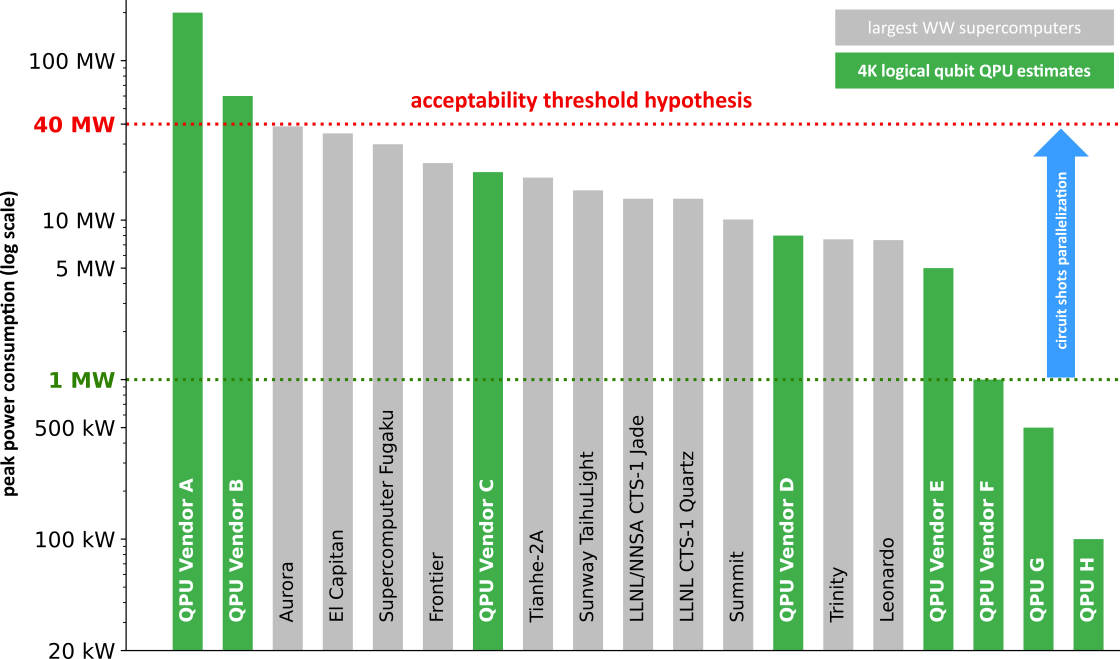
Energy efficiency
Quantum computers use superposition and entanglement to explore multiple solutions simultaneously. Certain complex problems could be solved faster while consuming less energy.
In demanding fields such as machine learning or logistics, this leads to faster convergence and a reduced environmental impact, aligning with sustainability goals and responsible computing principles.
(cc) Olivier Ezratty, 2025
OVHcloud Quantum Platform
OVHcloud makes it easier for organisations to explore quantum computing.

Simplified access
Launch your quantum workloads in seconds via an intuitive web interface. No configuration required: go directly to a preconfigured Jupyter notebook with the SDK of your choice (Pulser, Perceval, Qiskit, etc.).

Optimised business model
Pricing is transparent and on a pay-as-you-go basis. Simulate your pre-run circuits on a real QPU to minimise testing costs and optimise your experiments without any upfront costs.

Interoperability
An open architecture means that you avoid vendor lock-in. Switch freely from emulators to different quantum hardware technologies (superconductors, ion traps, etc.) from a unified platform.
Quantum solutions & products
Multiple technologies in a single quantum platform
Quantum computers are built on a variety of physical principles. Some use cold atoms or trapped ions; others rely on superconducting circuits, silicon chips or photonic systems. Each technology has specific advantages in terms of accuracy, scalability, or operating conditions.
So far, no single standard has emerged, making it crucial to explore several approaches to anticipate future developments. OVHcloud Quantum incorporates this diversity, offering unified access to a wide range of quantum hardware technologies.
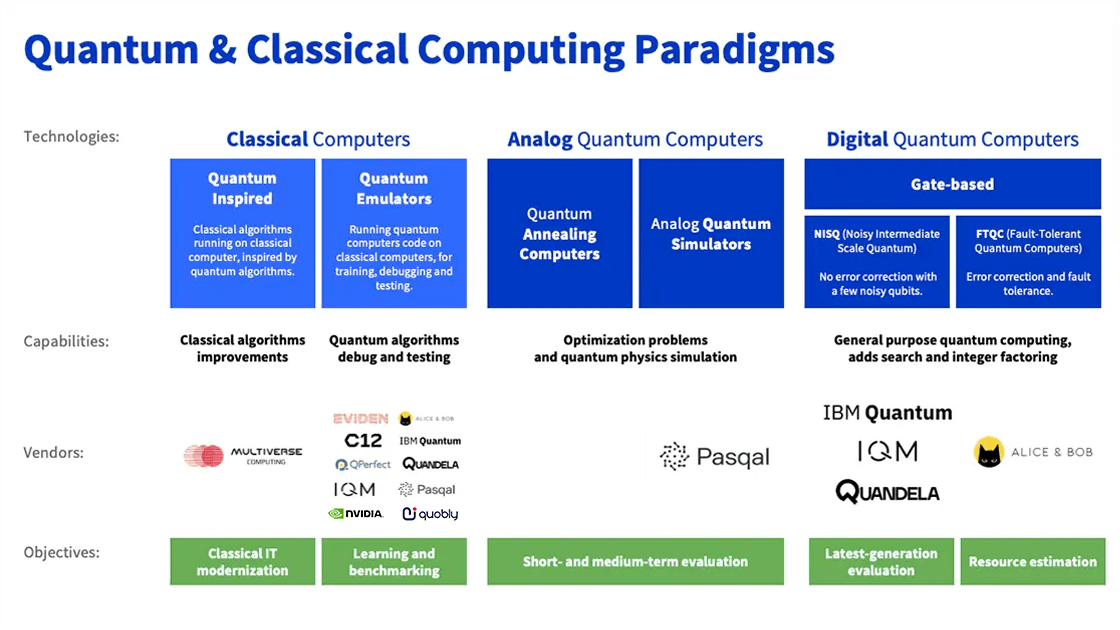
(cc) Olivier Ezratty
Transport and logistics
Use quantum optimisation to optimise routing, fleet management and electric vehicle charging infrastructure.
Telecommunications
Use quantum algorithms to improve network reliability and frequency allocation, resulting in better coverage and an optimised resource utilisation.
Technology and industry
Speed up machine learning, software validation and semiconductor design through quantum computing.
Basic research
Accelerate advancements in particle physics, astrophysics and semiconductor research thanks to advanced quantum simulations.
